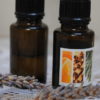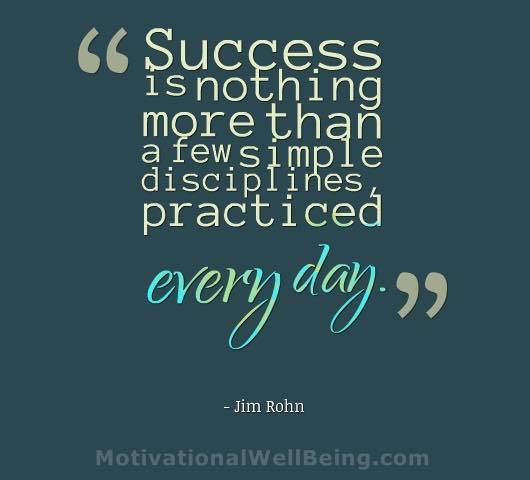There’s a Reason They Ask About Family Health History
We all benefit from understanding the basic concepts around genetic tendencies and family history when we’re thinking about our health. You’ve probably encountered the standard questions about family history when seeing your doctor. But how do we think about our health in light of family history, like why is it actually important to know? Here are two terms to help us flesh out the concept.
Genetic predisposition …
“A genetic predisposition (sometimes also called genetic susceptibility) is an increased likelihood of developing a particular disease based on a person’s genetic makeup. A genetic predisposition results from specific genetic variations that are often inherited from a parent. These genetic changes contribute to the development of a disease but do not directly cause it. Some people with a predisposing genetic variation will never get the disease while others will, even within the same family.”
– From the U.S. National Library of Medicine
Epigenetics …
“The word ‘epigenetic’ literally means ‘in addition to changes in genetic sequence.’ The term has evolved to include any process that alters gene activity without changing the DNA sequence, and leads to modifications that can be transmitted to daughter cells (although experiments show that some epigenetic changes can be reversed). There likely will continue to be debate over exactly what the term means and what it covers. … Epigenetic processes are natural and essential to many organism functions, but if they occur improperly, there can be major adverse health and behavioral effects.”
From the U.S. National Library of Medicine National Institutes of Health
Knowing how your parents, siblings, grandparents, and other relatives reacted during stress, sickness, and aging provide you with clues about your future health and tendencies toward certain ailments. Being informed even at a minimal level about family habits and health/medical history will help you plan for better health, and you’ll be able to share that information with your health professionals.
Regarding, the broad topic of epigenetics … we are not talking about the editing of genetic material in this blog or in the upcoming series; we’re specifically looking at the natural process of how your genes express themselves. Grab onto the idea that you can influence some of your inherited genetic predisposition by what you do or do not do. An example that you’ve probably heard is when people reverse their Type 2 Diabetes symptoms by changing habits and lifestyle.
Let’s look at a short story to explain the interplay of inherited predispositions, epigenetics, and passed-down habits.
Sally is 9 years old. When she has a bad day, her mom bakes her cookies after school. Even though Sally’s mom and dad are both struggling with high blood sugar, desserts are always available in the house. By the time Sally goes to college, she’s got this habit of eating when stressed … just like her mom. College is stressful! And so, without a second thought, Sally is often reaching for sweets. Four years fly by and as graduation approaches, Sally laments to her friend, “It’s not looking good for me. My mom has diabetes. I guess I’ll have it too.”
You don’t have to be like Sally! Your genetic makeup can be such that you have a high probability of getting diabetes (genetic predisposition). And, you’ve probably adopted and built on those family-inherited habits, like a high-sugar diet. And yes, those habits are influencing your genes to express—think epigenetics—a specific tendency.
But—the great news—you can influence those tendencies by how you take care of yourself.
Put Yourself in a New Situation!
I named this upcoming series Lifestyle Changes: Finding the Healthy You because each one of us can learn how to affect and improve our health. Even if you’ve already put yourself in a “perfect storm of poor health,” you can calm that storm and get healthier by the habits that you reinforce. We’ll kick off the series in January by talking habits! Presenter Jenni Holman, owner of Leora Organization and Redesign, will share strategies for making changes to our environment to make it easier to create new, healthy habits. She’ll help us think through ways to restructure our environment. Our environment dictates our habits. If you want to change your habits, you must start with the environment you live and work in.
Listen here for the interview with Jenni Holman on how our environment influences us.
To register for the upcoming series, register here.



![z31[1]](https://simplywholebydevi.com/wp-content/uploads/2018/06/z311-100x100.jpg)












